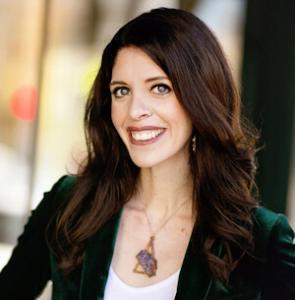According to Sandberg, based on research in 2003 from Columbia Business School professor Frank Flynn and New York University professor Cameron Anderson, “success and likeability are positively correlated for men and negatively correlated for women.”
Whether one agrees or not with the study, which has repeatedly been erroneously attributed to Sandberg rather than Flynn and Anderson, Sandberg’s reception by too many thought leaders, cultural critics, and Amazon readers certainly seems to support it. “This privileged author has nothing of value to say to women like me, who work out of necessity,” says Karen G. Brown, which sums up the critiques best.
Why are privilege and success, when acknowledged as they are by Sandberg – again and again – seen as a credibility disqualifier for women? I don’t recall anyone accusing Jack Welch of having no place in cultural conversations about business and leadership when he began his publishing career. There was no outcry from the self-improvement community when Tony Hsieh published his advice on how to be happy at work in Delivering Happiness and launched his own movement, much like Sandberg is doing, to bring his experience and work to the masses.
The fact that a smart, hard-working, trailblazing woman like Sandberg has the courage to admit she has moments when she questions her worth and still feels the burn of criticism shouldn’t make her elite. Or naive. It should make her all the more trustworthy. She’s not speaking as an expert, but as a woman doing the work she invites us all to do in order to more consistently “lean in.” And the proof that what she recommends works, well, that’s in the results she’s achieved for herself and, most recently, for Google and Facebook.
Furthermore, her transparency should heighten the need to talk about the issues she addresses that, until this month, have often been relegated to niche women’s studies programs and documentaries/books/magazines or women’s happy hours and spa days. For if privilege has not protected Sandberg from the real and self-imposed professional obstacles she chronicles, then shoot, what does that mean for the rest of us?!
My hope is that when the sensationalism surrounding the launch of the book subsides, we can individually and collectively recalibrate. We can both look to Lean In as a practical guide for stepping into our power, however we define what power for us looks like, and honor privileged, successful people who dare to pull back the curtains from their seemingly obstacle-free pathways to success.
Just as importantly, may we choose to critically examine rather than criticize. Seek to challenge our biases rather than look for evidence to substantiate them. And use our communication to enable people to see their light rather than their darkness.

























